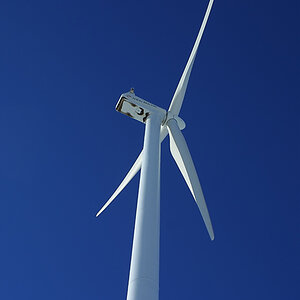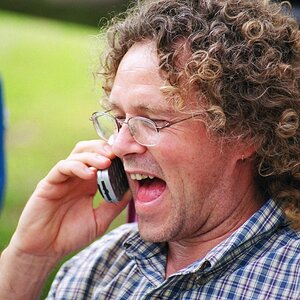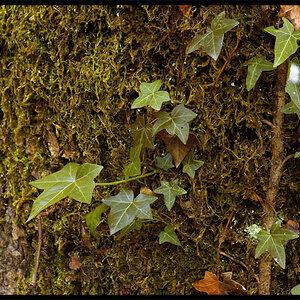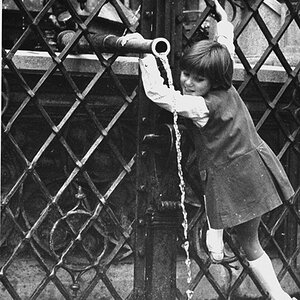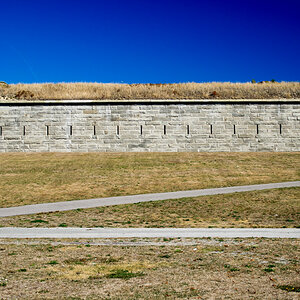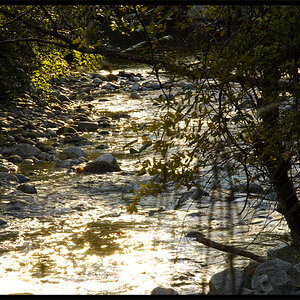Albino
TPF Noob!
- Joined
- Feb 5, 2014
- Messages
- 2
- Reaction score
- 0
- Location
- Houston, Texas
- Can others edit my Photos
- Photos NOT OK to edit
Hi everyone, super excited to get into the photography hobby. I will be purchasing my first camera soon(next month or two). I am looking for quality suggestions please as to a camera that i will be able to use for Family, Nature(i specifically do and am interested in Aquascaping), and all around anything else i would like. My price range is in the $500-$850 range. Also, i have a small amount of photoshop experience but will be buying the program as well with the camera. I am not a die hard fan of any specific brand, as this is my first camera. I am aware of some of the big names like Cannon, Nikon, Fuji film. Any links to good threads greatly appreciated as well.
These are two i've looked into so far
1. Nikon D3100
2. Fuji film x20
thanks in advance!
Dan
These are two i've looked into so far
1. Nikon D3100
2. Fuji film x20
thanks in advance!
Dan


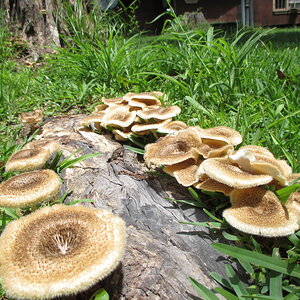
![[No title]](/data/xfmg/thumbnail/38/38729-27329be54dcb93a3723bad97259e6428.jpg?1619738702)
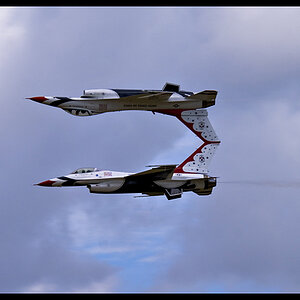
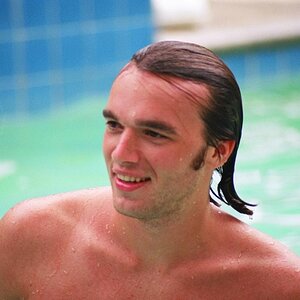
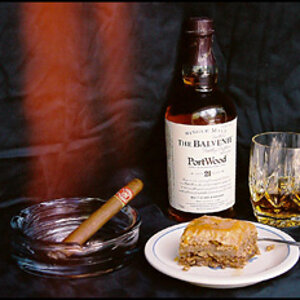
![[No title]](/data/xfmg/thumbnail/38/38743-ad854d502dddc7f41a927f1731a504cd.jpg?1619738704)
